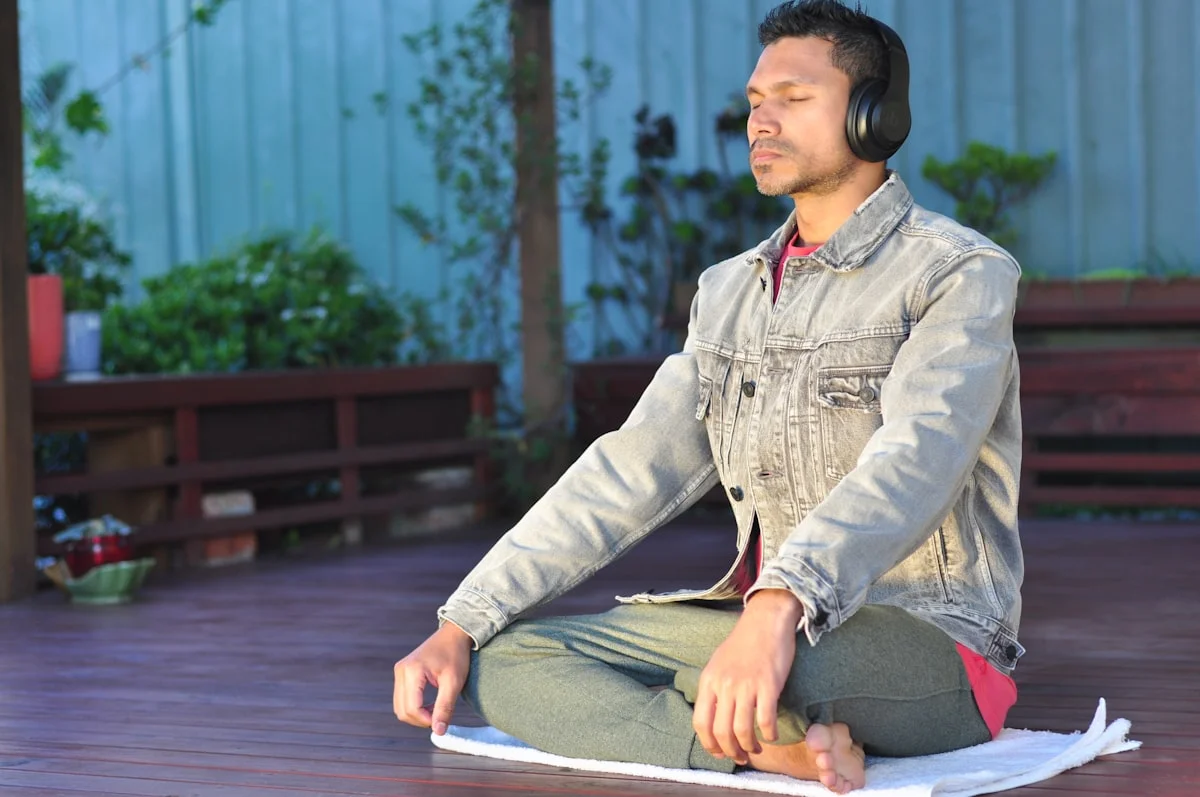# The Ultimate Guide to Meditation for Beginners: Benefits and How to Start in 2025
Why Meditation for Beginners Is a Life-Changing Practice
Meditation for beginners is one of the most accessible and transformative practices you can adopt in 2025. Whether you’re looking to reduce stress, improve focus, or enhance emotional well-being, starting a meditation practice can bring profound benefits. Many people assume meditation is complicated or requires years of experience, but the truth is, anyone can begin with just a few minutes a day. This guide will walk you through the key benefits of meditation for beginners and provide simple steps to help you get started on your mindfulness journey.
Scientific research continues to validate the positive effects of meditation, from lowering anxiety to boosting cognitive function. If you’ve ever felt overwhelmed by daily pressures, meditation offers a way to pause, reset, and cultivate inner peace. By the end of this guide, you’ll understand why meditation for beginners is worth incorporating into your routine and how to make it a sustainable habit.
The Science-Backed Benefits of Meditation for Beginners
One of the most compelling reasons to try meditation for beginners is its wide-ranging impact on mental and physical health. Studies have shown that even short, consistent meditation sessions can reduce cortisol levels, the hormone linked to stress. This means that just 10 minutes a day can help you feel calmer and more in control of your emotions.
Beyond stress relief, meditation enhances focus and concentration. In a world filled with distractions, training your mind to stay present can improve productivity and decision-making. Research from Harvard University found that regular meditation increases gray matter in the brain, which is associated with memory and learning. For beginners, this means that meditation isn’t just about relaxation—it’s also a tool for personal and professional growth.
Another key benefit is improved emotional resilience. Many beginners report feeling less reactive to challenging situations after just a few weeks of practice. Meditation helps create a mental space between stimuli and response, allowing for more thoughtful reactions rather than impulsive ones. If you struggle with mood swings or negative thought patterns, meditation can be a powerful way to regain balance.
How to Start Meditation for Beginners in 2025
Beginning a meditation practice doesn’t require special equipment or extensive training. The simplest way to start is by finding a quiet space where you can sit comfortably without interruptions. You don’t need to sit cross-legged on the floor—a chair or even lying down works as long as you’re relaxed but alert.
Start with short sessions, ideally five to ten minutes, and gradually increase the duration as you become more comfortable. Focus on your breath, noticing the inhale and exhale without trying to change it. When your mind wanders—which it will—gently bring your attention back to your breathing. This process of refocusing is where the real training happens, strengthening your ability to stay present.
Consistency is more important than duration. Even a few minutes daily is more beneficial than an hour once a week. Many beginners find guided meditations helpful, as they provide structure and verbal cues to keep you on track. Apps like Headspace and Insight Timer offer excellent guided sessions specifically designed for meditation for beginners.
Common Challenges and How to Overcome Them
One of the biggest hurdles for beginners is the belief that they’re “doing it wrong.” Thoughts will arise during meditation—this is completely normal. The goal isn’t to empty your mind but to observe your thoughts without getting caught up in them. If you find yourself frustrated, remind yourself that meditation is a practice, not a performance.
Another common challenge is finding time. In 2025, life moves faster than ever, but even busy schedules can accommodate short meditation breaks. Consider integrating mindfulness into daily activities, such as mindful walking or eating. The key is to make meditation a non-negotiable part of your routine, like brushing your teeth.
Physical discomfort can also be a barrier. If sitting still feels difficult, try adjusting your posture or using cushions for support. Some beginners prefer movement-based practices like yoga or tai chi before transitioning to seated meditation. The most important thing is to find what works for you and stick with it.
Advanced Tips for Deepening Your Practice
Once you’ve established a basic routine, you may want to explore different meditation techniques. Mindfulness meditation, loving-kindness meditation, and body scan meditations each offer unique benefits. Experimenting with these styles can keep your practice fresh and engaging.
Journaling after meditation can also enhance self-awareness. Reflecting on your sessions helps you track progress and notice subtle shifts in your mindset. Over time, you’ll likely observe improvements in patience, empathy, and overall well-being—proof that meditation for beginners truly works.
Finally, consider joining a meditation group or online community. Connecting with others on the same journey provides motivation and accountability. Many cities offer beginner-friendly classes, and virtual meetups make it easy to participate from home.
Final Thoughts on Meditation for Beginners
Starting a meditation practice in 2025 is one of the best investments you can make in your mental and emotional health. The benefits—reduced stress, sharper focus, and greater emotional resilience—are well worth the effort. Remember, meditation for beginners is about progress, not perfection. Every moment of mindfulness counts, and over time, these small steps lead to lasting change.
If you’re ready to begin, commit to just five minutes a day and observe the shifts in your mindset. With patience and consistency, meditation can become a cornerstone of a happier, healthier life.

